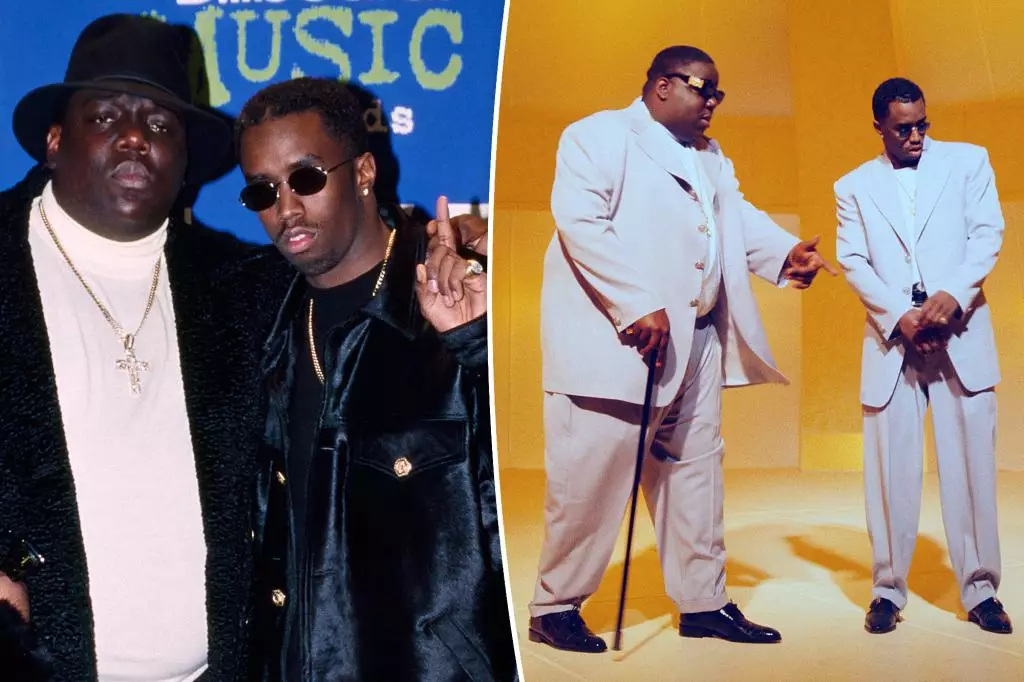The public image of Sean “Diddy” Combs has long been cloaked in the glamour of success, innovation, and influence within the entertainment industry. As a trailblazer, his contributions to music, fashion, and entrepreneurship have cemented his status as a cultural icon. However, recent legal developments reveal a starkly different narrative, exposing the darker, more controversial facets of his persona. These allegations, whether founded or false, challenge the inherent assumption that status and wealth automatically equate to a moral high ground. It is essential to scrutinize these claims critically, understanding that celebrity culture often oversimplifies complex human realities into digestible hero-or-villain archetypes.
The Power of Public Perception and Legal Battles
In the current climate, allegations against high-profile figures like Diddy tend to dominate headlines, often overshadowing a more nuanced discussion. The recent lawsuit, which accuses him of disturbing sexual misconduct and other serious offenses, comes amidst a backdrop of ongoing legal battles, including his notably recent acquittal on sex trafficking charges. This sequence of legal events demonstrates the unpredictability of justice in the celebrity sphere and underscores how reputation management becomes an arduous task for those embroiled in such controversies. While the legal system aims to be impartial, the court of public opinion is less forgiving, often influenced by biases, media narratives, and the allure of scandal. The discrepancy between legal outcome and societal perception can significantly impact a celebrity’s legacy, regardless of verdicts.
The Limitations of Legal Justice and the Culture of Allegations
Critically examining the allegations reveals broader issues within the discourse on sexual misconduct and celebrity accountability. Often, accusations surface in ways that raise questions about evidence, motive, and the social power dynamics at play. Diddy’s legal team’s assertion of his innocence and the references to his previous acquittals highlight an ongoing debate: To what extent do allegations reflect truth, and how much are they fueled by spectacle? It is imperative to remember that allegations alone do not constitute proof, yet they hold enough weight to tarnish reputations profoundly. Conversely, dismissing all accusations as false without due process risks undermining victims’ voices. The balance lies in ensuring justice is served based on evidence, not sensationalism.
The Cultural Impact of Celebrity Scandals
Beyond individual cases, these allegations reflect a broader cultural reckoning with power, consent, and accountability. Celebrities like Diddy occupy a space where their influence can both perpetuate and challenge societal norms. When accusations surface, they serve as thresholds for collective reflection on the entitlement often associated with fame. It becomes clear that wielding immense influence does not automatically qualify one as immune from scrutiny or consequence. The public must question their complicity in elevating figures to untouchable status and advocate for transparency and justice regardless of fame. These scandals spark essential conversations about accountability in industries long resistant to internal reform.
Reevaluating the Legacy of a Cultural Titan
Ultimately, the controversy surrounding Diddy prompts a deeper reflection on what constitutes legacy. Is it the music and business ventures, or the values and conduct of the individual behind those accomplishments? The weight of allegations can reshape perceptions, forcing society to confront uncomfortable truths about those we hold in high esteem. While legal processes should determine guilt or innocence, the societal narrative often lingers, sometimes irreparably tarnishing public figures’ reputations. This complex interplay between truth, justice, and collective memory underscores that no one is beyond scrutiny, regardless of their status or contributions.
In an era where information spreads rapidly and accusations can eclipse achievements overnight, adopting a critically vigilant stance is crucial. Celebrating success should not preclude us from questioning the moral dimensions of those who attain it. As society navigates these high-profile controversies, it must do so with a nuanced understanding that not everything is black and white. Justice demands patience, evidence, and fairness, but societal outrage and admiration also demand critical engagement. Only through honest reflection and unwavering scrutiny can we hope to arrive at a more just and authentic understanding of figures like Diddy—acknowledging their complexities rather than resorting to simplistic adoration or condemnation.

